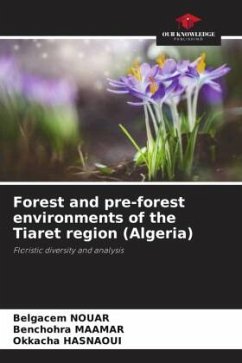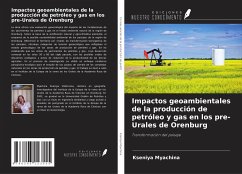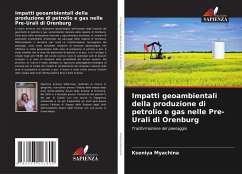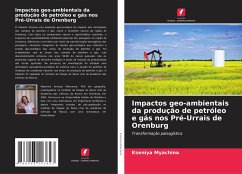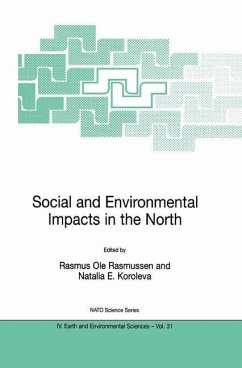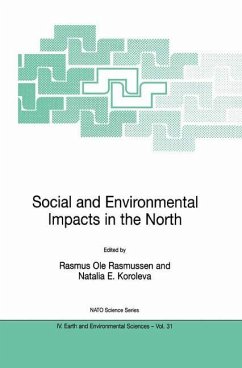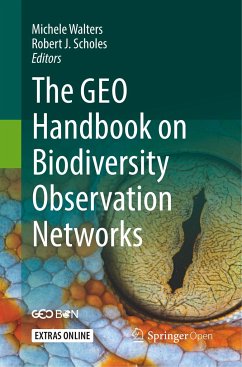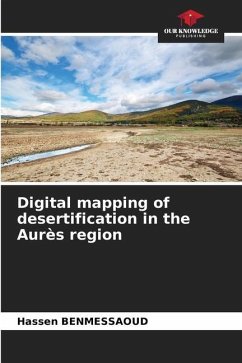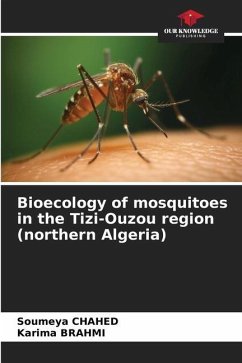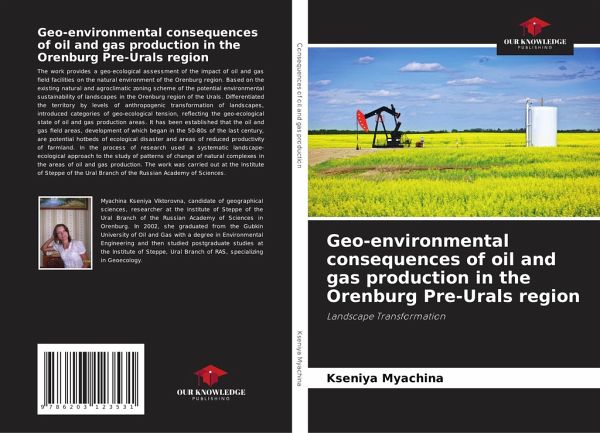
Geo-environmental consequences of oil and gas production in the Orenburg Pre-Urals region
Landscape Transformation
Versandkostenfrei!
Versandfertig in 6-10 Tagen
39,99 €
inkl. MwSt.

PAYBACK Punkte
20 °P sammeln!
The work provides a geo-ecological assessment of the impact of oil and gas field facilities on the natural environment of the Orenburg region. Based on the existing natural and agroclimatic zoning scheme of the potential environmental sustainability of landscapes in the Orenburg region of the Urals. Differentiated the territory by levels of anthropogenic transformation of landscapes, introduced categories of geo-ecological tension, reflecting the geo-ecological state of oil and gas production areas. It has been established that the oil and gas field areas, development of which began in the 50-...
The work provides a geo-ecological assessment of the impact of oil and gas field facilities on the natural environment of the Orenburg region. Based on the existing natural and agroclimatic zoning scheme of the potential environmental sustainability of landscapes in the Orenburg region of the Urals. Differentiated the territory by levels of anthropogenic transformation of landscapes, introduced categories of geo-ecological tension, reflecting the geo-ecological state of oil and gas production areas. It has been established that the oil and gas field areas, development of which began in the 50-80s of the last century, are potential hotbeds of ecological disaster and areas of reduced productivity of farmland. In the process of research used a systematic landscape-ecological approach to the study of patterns of change of natural complexes in the areas of oil and gas production. The work was carried out at the Institute of Steppe of the Ural Branch of the Russian Academy of Sciences.



